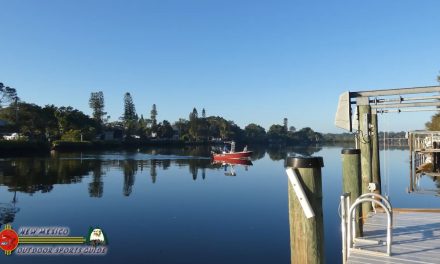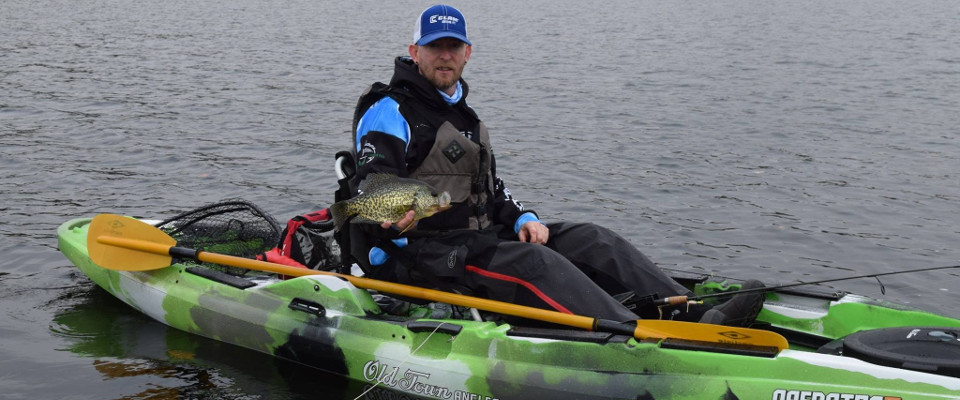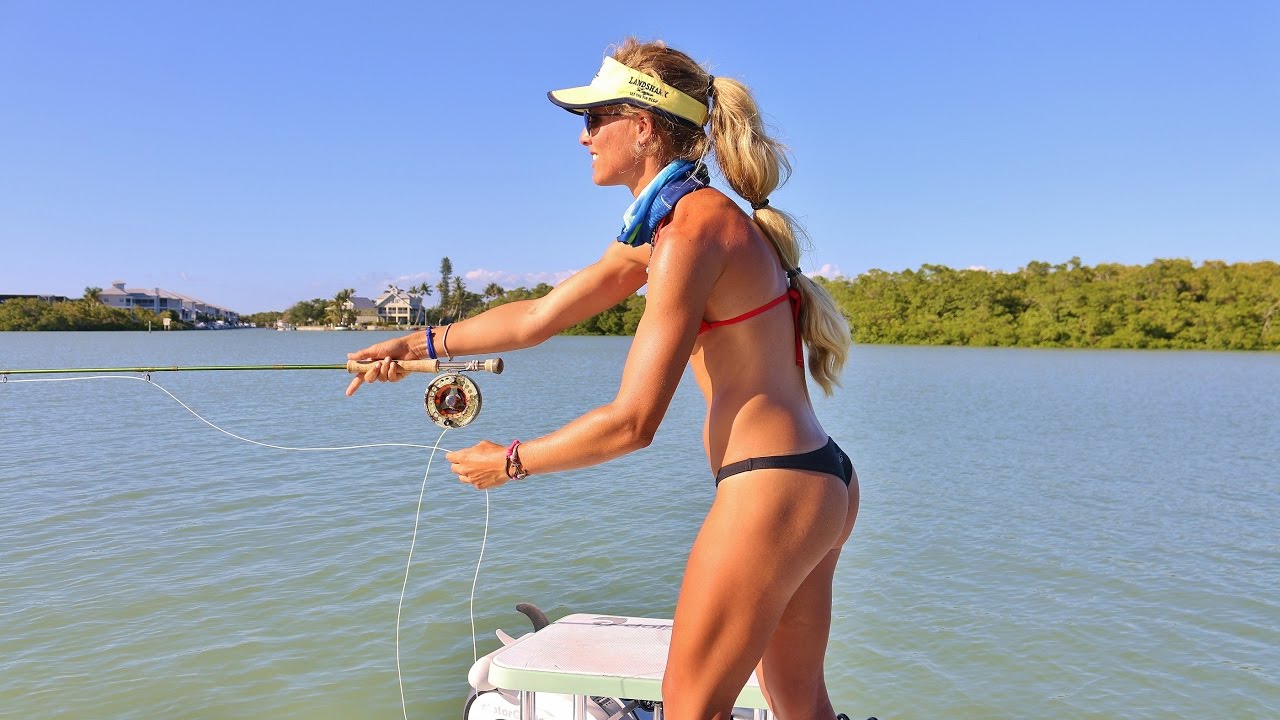AUSTIN, Texas – Coastal anglers are asked to be mindful of conditions during extreme cold weather, particularly the impacts a saltwater freeze event can have on game fish populations.
Texas Parks and Wildlife Department biologists and game wardens are closely monitoring the saltwater freeze event along the Texas coast and while it does not appear severe enough to warrant closing certain fishing areas, there are things anglers can do to help protect red drum, spotted seatrout, snook and other aquatic resources.
Game fish, including spotted seatrout, red drum, sharks, snook and triple tail may only be taken by pole and line, and it is unlawful to take or attempt to take a fish with one or more hooks attached to a line or artificial lure used in a manner to foul-hook a fish (snagging or jerking).
In addition to killing game fish in shallow bay waters, a hard freeze can also cause surviving fish to congregate in a few deeper areas where they become sluggish and prone to capture.
“The high mortality that a freeze can cause may deplete fish stocks for years,” said Robin Riechers, TPWD’s Coastal Fisheries Division Science and Policy Director. “Protection of the surviving fish during the few days when they are especially vulnerable to capture would likely shorten the time period for overall recovery of coastal species, especially spotted sea trout.”
Texas has about two million acres of bays and estuaries susceptible to freezes. There were three major freezes during the 1980s, including one in 1989 when the temperature at Brownsville dropped to 16 degrees and an estimated 11 million fish were killed.
By adhering to the regulations and practicing conservation during the freeze, anglers can help ensure a continued healthy future for Texas coastal fisheries.
Anglers and coastal residents can report any freeze related fish kills or large numbers of sluggish or cold-stunned fish by contacting TPWD’s Upper Coast Regional Office at (281)534-0100 or the Lower Coast Regional Office at (361)729-2328.




